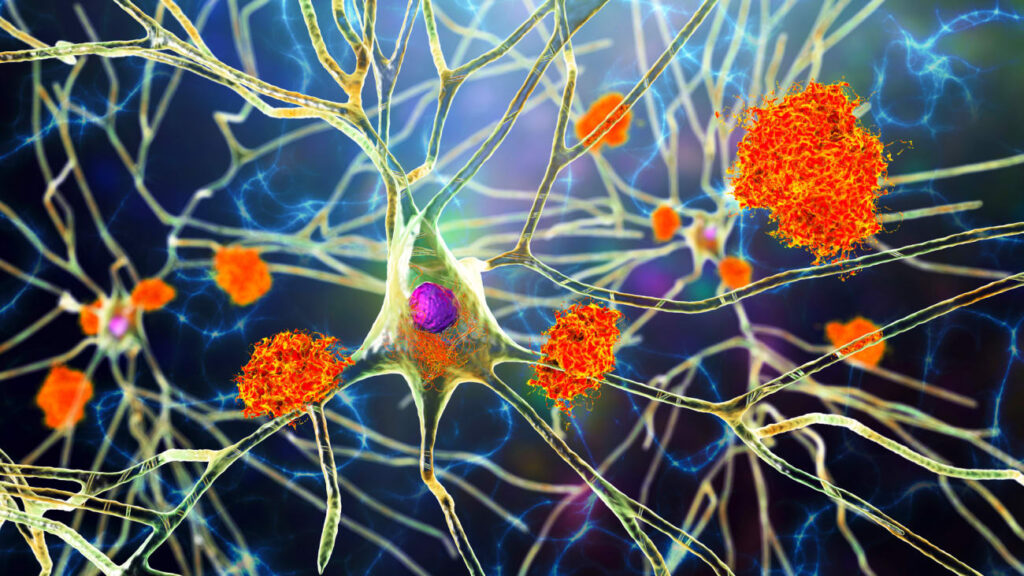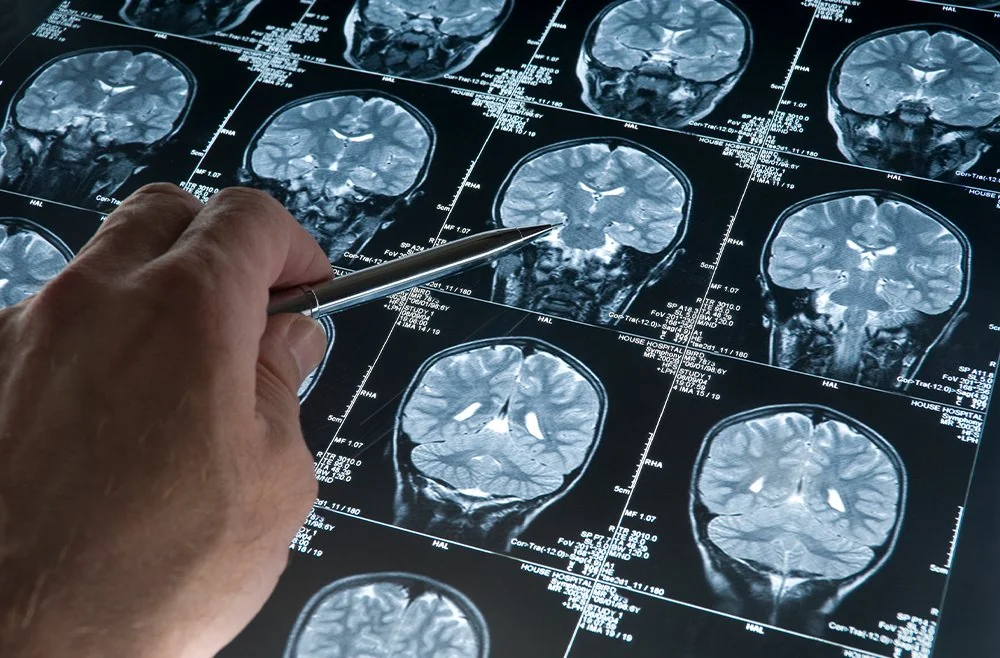
Exploring Promising New Treatment Options for Alzheimer’s Disease
As the global population ages, Alzheimer’s disease has emerged as one of the most daunting health challenges. This progressive neurological disorder erodes memory and cognitive skills, profoundly impacting patients and their families.
With treatments largely limited to managing symptoms, the quest for a definitive cure presses on. Scientific research is making strides, armed with better technology and an evolving understanding of the disease.
Below, we delve into the current landscape of Alzheimer’s research and the potential treatments that may one day alter the course of this devastating condition.
Understanding Alzheimer’s Disease and the Need for New Treatments
Alzheimer’s disease, a form of dementia, has long eluded the grasp of definitive treatments. Its characteristic signs include the accumulation of amyloid plaques and tau tangles in the brain, leading to neuronal damage and loss of brain tissue.
The resulting cognitive decline manifests in memory lapses, confusion, and personality changes, which worsen over time. Efforts and resources are continually invested in research to unravel the complexities of Alzheimer’s, and yet a cure remains out of reach.
The need for new treatments for Alzheimer’s cannot be overstated. Current medications primarily focus on temporarily improving symptoms or slowing progression rather than addressing the underlying cause.
These include cholinesterase inhibitors and memantine, which assist with neurotransmitter activity in the brain. However, these treatments have limitations, and their effectiveness can vary from person to person, highlighting the urgency for more effective solutions.
Amidst these challenges, hope persists, as the scientific community remains dedicated to discovering more effective treatments. The commitment to research and development is also shared by various organizations, one noteworthy initiative being the pursuit of a cure for Alzheimers. This collective effort is essential to bring forth innovative strategies expected to make significant strides in the near future.

Breakthroughs in Alzheimer’s Medications ─ Current Clinical Trials
Pharmaceutical research is at the forefront of Alzheimer’s treatment breakthroughs, with an array of new compounds in various stages of clinical trials. These potential medications strive to tackle the disease from different angles, targeting both amyloid and tau pathologies, inflammation, and other contributing factors.
The aim is to find drugs that not only alleviate symptoms but also modify the disease course, providing a tangible slowdown in cognitive decline.
One key area of exploration is immunotherapy, which involves using antibodies to clear pathological proteins from the brain. Several monoclonal antibodies that target amyloid-beta plaques are undergoing clinical trials, with some showing early promise in improving cognitive functions. The optimism surrounding these trials is tempered by cautious evaluation of efficacy and safety profiles, crucial to their potential approval and widespread use.
Non-Pharmacological Approaches to Alzheimer’s Treatment
Beyond the sphere of medication, researchers are exploring non-pharmacological approaches to Alzheimer’s treatment. It is increasingly recognized that lifestyle factors such as diet, exercise, and cognitive engagement play a role in the disease’s trajectory.
Interventions such as brain training programs, social interaction, and physical activity have been associated with improved cognitive function and may delay the onset or progression of symptoms.
Nutritional interventions are also under scrutiny for their potential to support brain health and stave off Alzheimer’s. Diets rich in antioxidants, healthy fats, and certain vitamins have been linked to lower risks of cognitive decline. Research into dietary supplements, such as omega-3 fatty acids and curcumin, aims to establish whether these can serve as effective preventive or therapeutic measures against Alzheimer’s.

The Future of Alzheimer’s Research ─ What’s on the Horizon
The future of Alzheimer’s research is rife with potential, fueled by ongoing scientific inquiry and technological innovation. Precision medicine, specifically, holds significant promise, aiming to offer personalized treatment plans based on an individual’s genetic makeup, lifestyle, and environmental factors.
This approach could revolutionize Alzheimer’s care by delivering more effective, targeted interventions to those in need.
Technological advancements in artificial intelligence and data analysis are also expected to play a pivotal role in the future of Alzheimer’s research. By processing vast quantities of medical data, these technologies can uncover patterns and correlations that might have otherwise gone unnoticed, leading to breakthroughs in understanding and treating the disease.
The potential for such tools to accelerate drug development and refine diagnostic criteria is immense.
Overall, the landscape of Alzheimer’s treatment and research is dynamic and filled with hope. With a multifaceted approach that includes advancements in genetics, new medications, lifestyle modifications, and innovative technologies, the pursuit of managing, and ultimately curing, Alzheimer’s disease is moving forward with renewed vigor and determination.